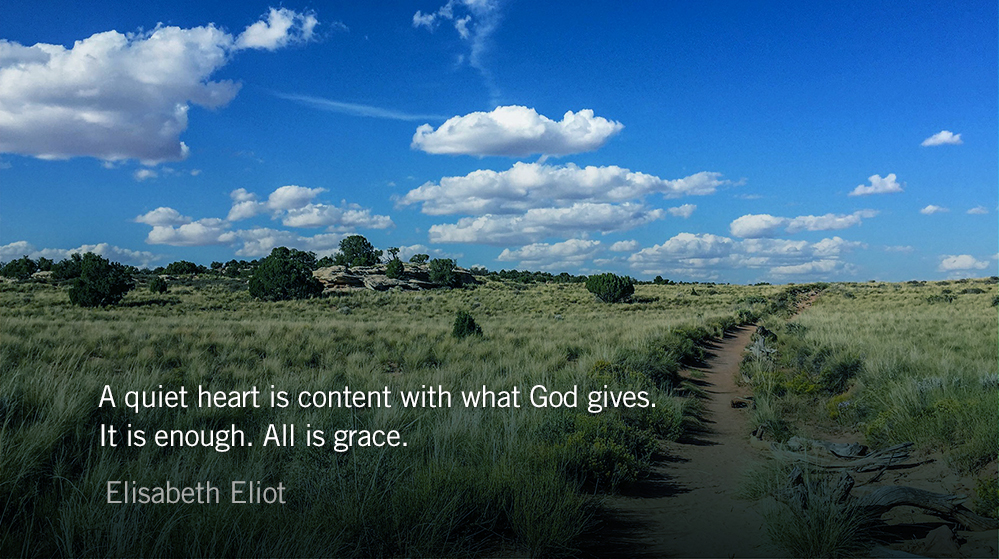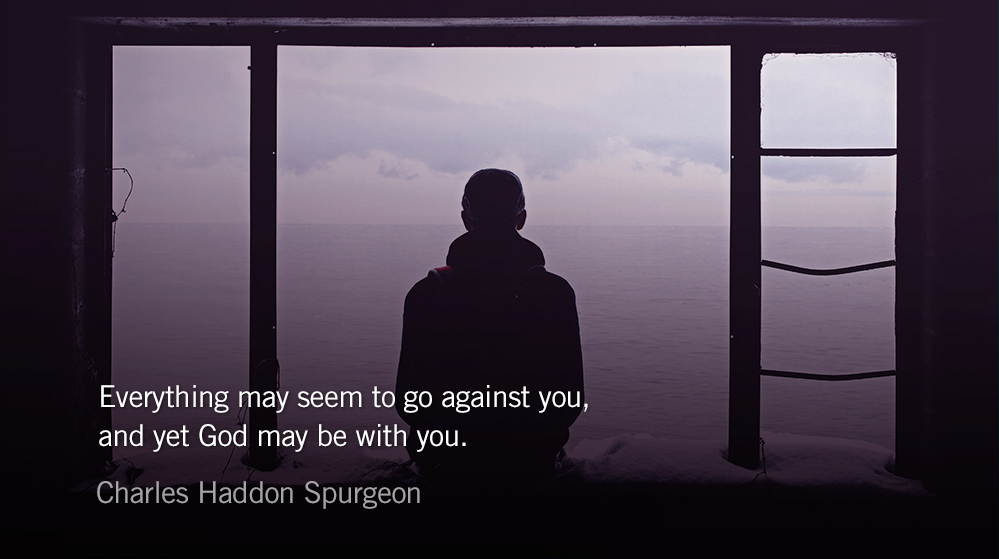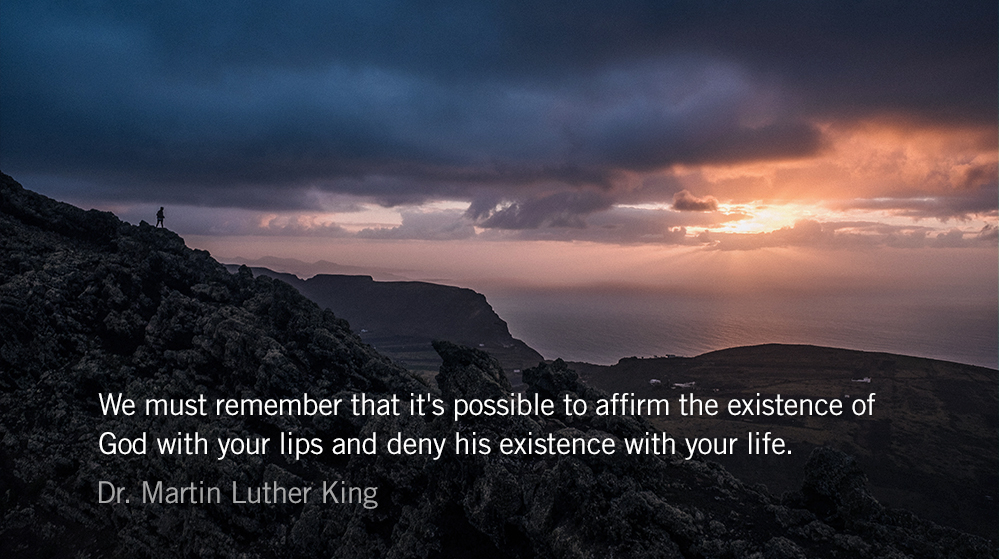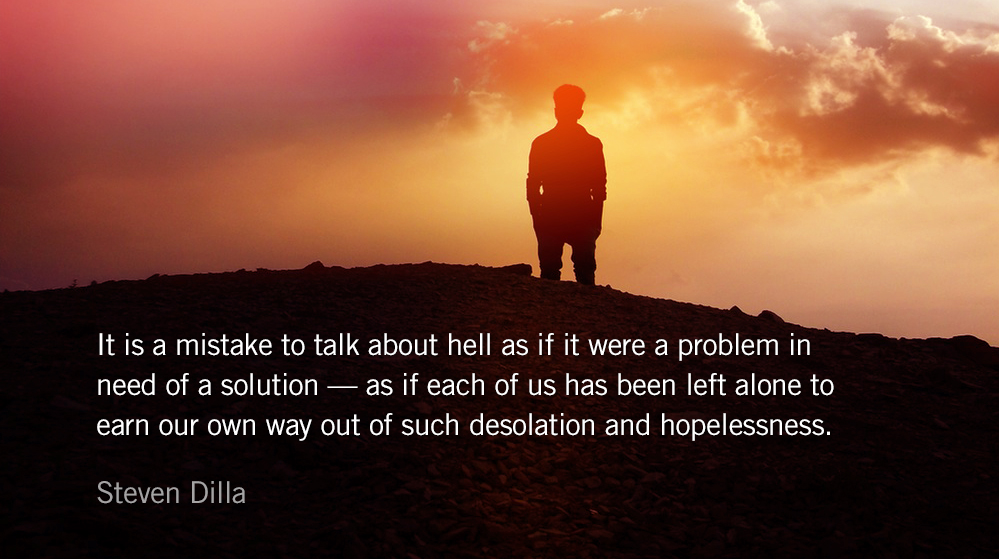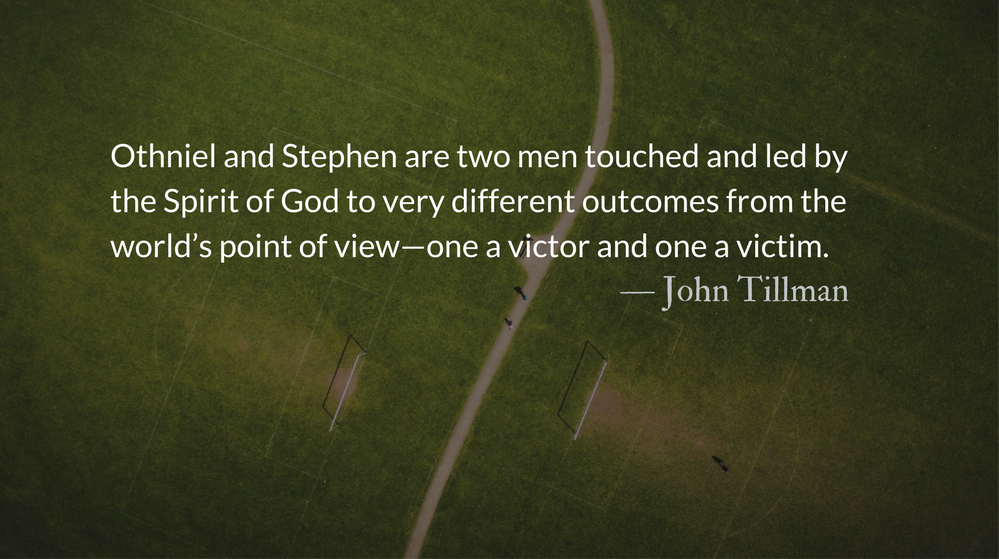The last sentence has been the zinger for me for the last few months! The over-arching question asked, “What do you really want out of life?” is one I’ll be bringing up with a granddaughter! — Barbara
Readers’ Choice (Originally published January 25, 2017)
Do not rush after the planned work; trust that the time to finish it will be given sometime, and keep a quiet heart about it.
― Annie Keary
Scripture: Genesis 26.3
Sojourn in this land, and I will be with you and will bless you, for to you and to your offspring I will give all these lands, and I will establish the oath that I swore to Abraham your father.
Reflection: The Sojourner’s Trust
By Elisabeth Elliot
What do we really want in life? Sometimes I have the chance to ask this question of high school or college students. I am surprised at how few have a ready answer. Oh, they could come up with quite a long list of things, but is there one thing above all others that they desire?
“One thing have I asked of the Lord,” said David, “this is what I seek: that I may dwell in the house of the Lord all the days of my life.” To the rich young man who wanted eternal life Jesus said, “One thing you lack… go sell everything.” In the parable of the sower Jesus tells us that the seed which is choked by thorns has fallen into a heart clogged with the worries of this life, the deceitfulness of riches, and the desire for other things.
The apostle Paul said, “One thing I do: forgetting what is behind and straining toward what is ahead, I press on toward the goal to win the prize for which God has called me heavenward in Christ Jesus.”
A quiet heart is content with what God gives. It is enough. All is grace. Response is what matters. Remember that our forefathers were all guided by the pillar of cloud, all passed through the sea, all ate and drank the same spiritual food and drink, but God was not pleased with most of them.
Their response was all wrong. Bitter about the portions allowed they indulged in idolatry, gluttony, and sexual sin. The same almighty God apportioned their experiences. All events serve his will. Some responded in faith, most did not.
God came down and lived in this same world, as a man. He showed us how to live in this world, subject to its vicissitudes and necessities, that we might be changed—not into an angel or a storybook princess, not wafted into another world, but changed into saints in this world. The secret is Christ in me, not a different set of circumstances.
*Abridged from The Elisabeth Elliot Newsletter, March/April 1995.
The Refrain
Happy are the people whose strength is in you; whose hearts are set on the pilgrim’s way.
– From The Divine Hours: Prayers for Summertime by Phyllis Tickle.
Full prayer available online and in print.
Today’s Readings
Judges 9 (Listen – 8:22)
Acts 13 (Listen – 7:36)

